Federal Climate Policy
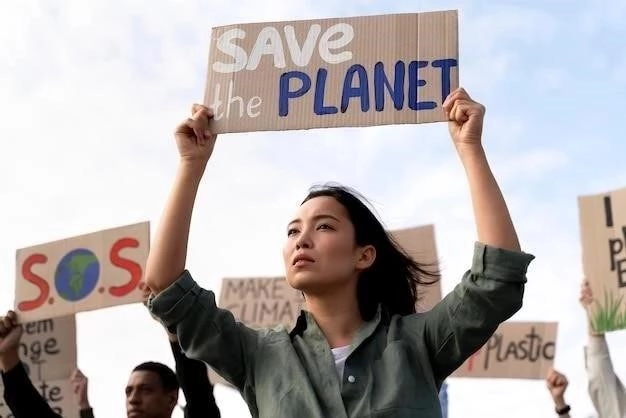
The United States federal government has implemented a range of policies to address climate change. Key among these is the goal to reduce greenhouse gas emissions by 50-52% below 2005 levels by 2030. This commitment is a cornerstone of the nation’s re-engagement with the Paris Agreement under the Biden Administration. Federal agencies are actively developing and implementing climate adaptation plans to mitigate the impacts of a changing climate on their operations and programs.

State and Local Climate Action
Recognizing the urgency of the climate crisis and, in many cases, filling the void left by federal inaction, state and local governments across the United States have emerged as dynamic frontiers in climate policy innovation. These subnational entities have adopted a diverse portfolio of policies and programs tailored to their specific regional contexts and priorities.
Many states have enacted ambitious renewable portfolio standards, mandating that utilities generate a certain percentage of their electricity from renewable sources such as solar and wind power. California, for instance, has set a target of achieving 100% carbon-free electricity by 2045. Furthermore, numerous states have implemented carbon pricing mechanisms, such as cap-and-trade programs and carbon taxes, to incentivize emissions reductions.
Beyond energy, state and local governments are pursuing measures to promote energy efficiency in buildings, accelerate the adoption of electric vehicles, invest in public transportation, and enhance climate resilience through initiatives like green infrastructure and coastal protection. These efforts demonstrate the crucial role of subnational actors in driving climate action and showcasing effective policy solutions that can inform national policymaking.
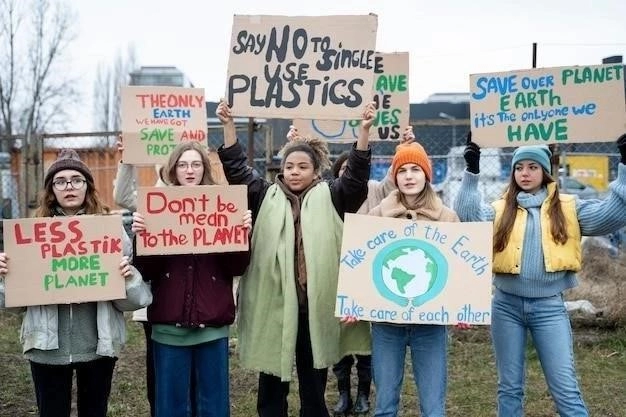
Public Opinion and Climate Change

Public opinion in the United States regarding climate change presents a complex and evolving landscape. While a growing majority of Americans acknowledge the reality of climate change and express concern about its potential consequences, perspectives on the urgency of action and the most effective policy responses vary widely.
Political affiliation remains a significant factor shaping views on climate change, with Democrats generally expressing greater concern and support for government action than Republicans. Geographical variations also persist, with residents of coastal regions often demonstrating heightened awareness of climate impacts due to their vulnerability to sea-level rise and extreme weather events.
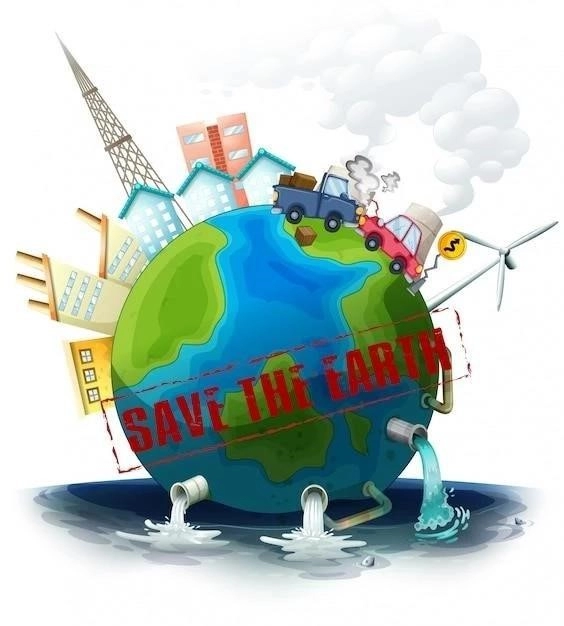
Furthermore, public perceptions of climate change are increasingly influenced by personal experiences with extreme weather events, media coverage, and scientific information. As the impacts of climate change become more visible and tangible, it is likely that public demand for policy action will continue to grow. Effective communication of climate science and the risks posed by inaction, tailored to different audiences and their values, will be crucial in shaping public opinion and building support for ambitious climate policies.
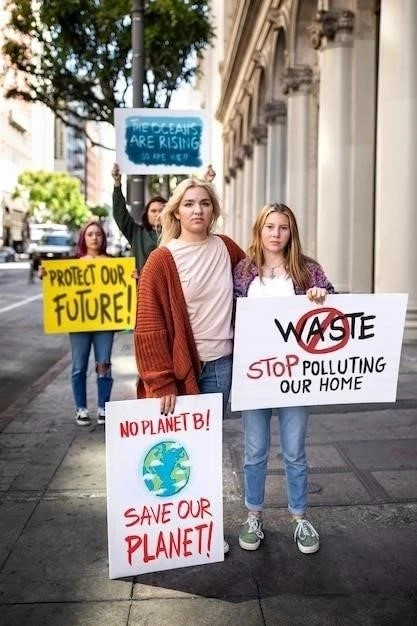
International Climate Diplomacy
The United States plays a pivotal role in international climate diplomacy, wielding significant influence on the trajectory of global efforts to combat climate change. Following a period of retrenchment from multilateral climate agreements, the Biden administration has reaffirmed the nation’s commitment to international cooperation on climate action.
The United States’ re-entry into the Paris Agreement marked a significant turning point in its diplomatic engagement. The administration has pledged to work constructively with other nations to achieve the agreement’s goals, including limiting global warming to well below 2 degrees Celsius above pre-industrial levels. Moreover, the U.S. is actively engaged in various international fora, such as the G7 and G20, to advance climate ambition and promote coordinated action.
Financing climate action in developing countries is another crucial aspect of international climate diplomacy. The United States has committed to scaling up its financial contributions to support developing nations in their efforts to reduce emissions and adapt to climate impacts. Through multilateral funds and bilateral assistance programs, the U.S. aims to catalyze clean energy transitions and enhance climate resilience globally.
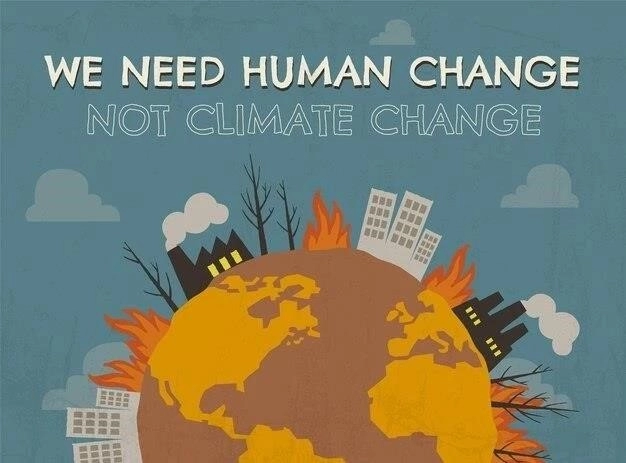
Economic Implications of Climate Change
Climate change poses a significant and escalating threat to the U.S. economy, with the potential to disrupt industries, displace workers, and strain public finances. The increasing frequency and intensity of extreme weather events, such as hurricanes, wildfires, and droughts, inflict substantial damage on infrastructure, agriculture, and property, resulting in billions of dollars in economic losses annually.
Beyond these acute impacts, climate change presents systemic risks to key economic sectors. Sea-level rise threatens coastal communities and infrastructure, while prolonged heatwaves and droughts can disrupt agricultural yields and supply chains. The financial sector faces growing exposure to climate-related risks, as the value of assets and investments in climate-vulnerable industries becomes increasingly uncertain.
Addressing climate change, however, presents a significant economic opportunity. Investments in clean energy technologies, energy efficiency, and climate-resilient infrastructure can drive innovation, create jobs, and enhance U.S. competitiveness in the global marketplace. Transitioning to a low-carbon economy will require significant upfront investments, but the long-term economic benefits of mitigating climate change far outweigh the costs of inaction.










